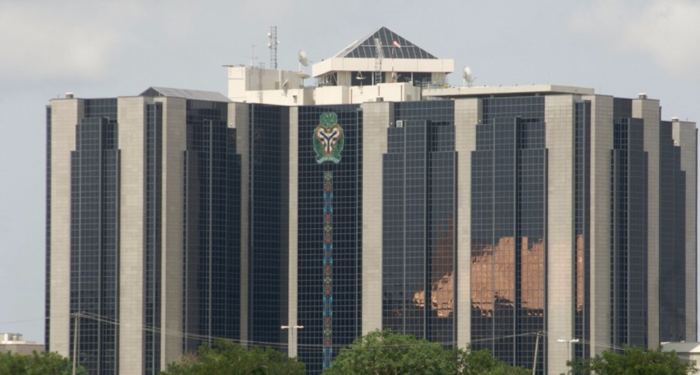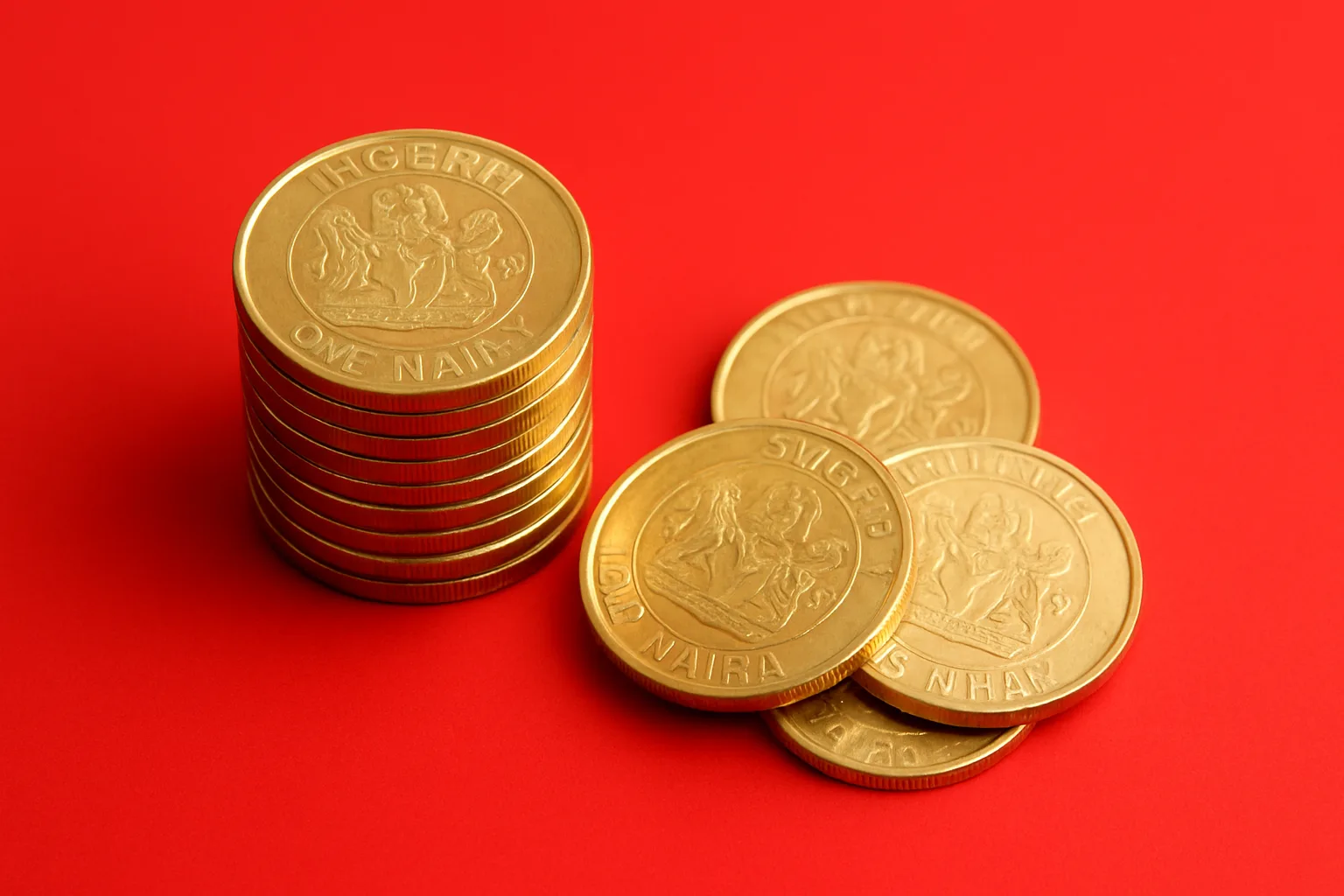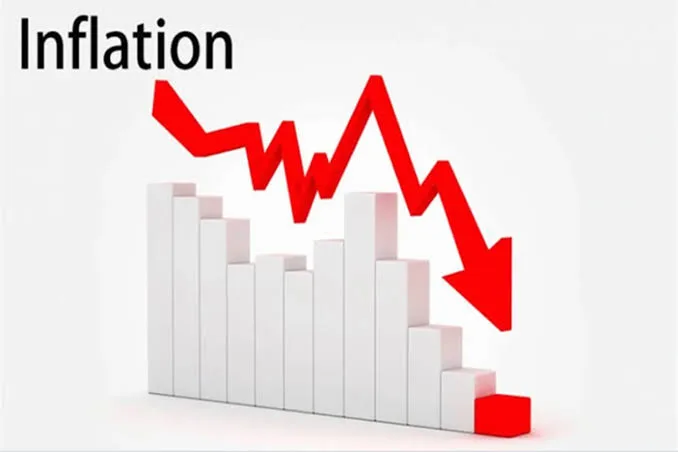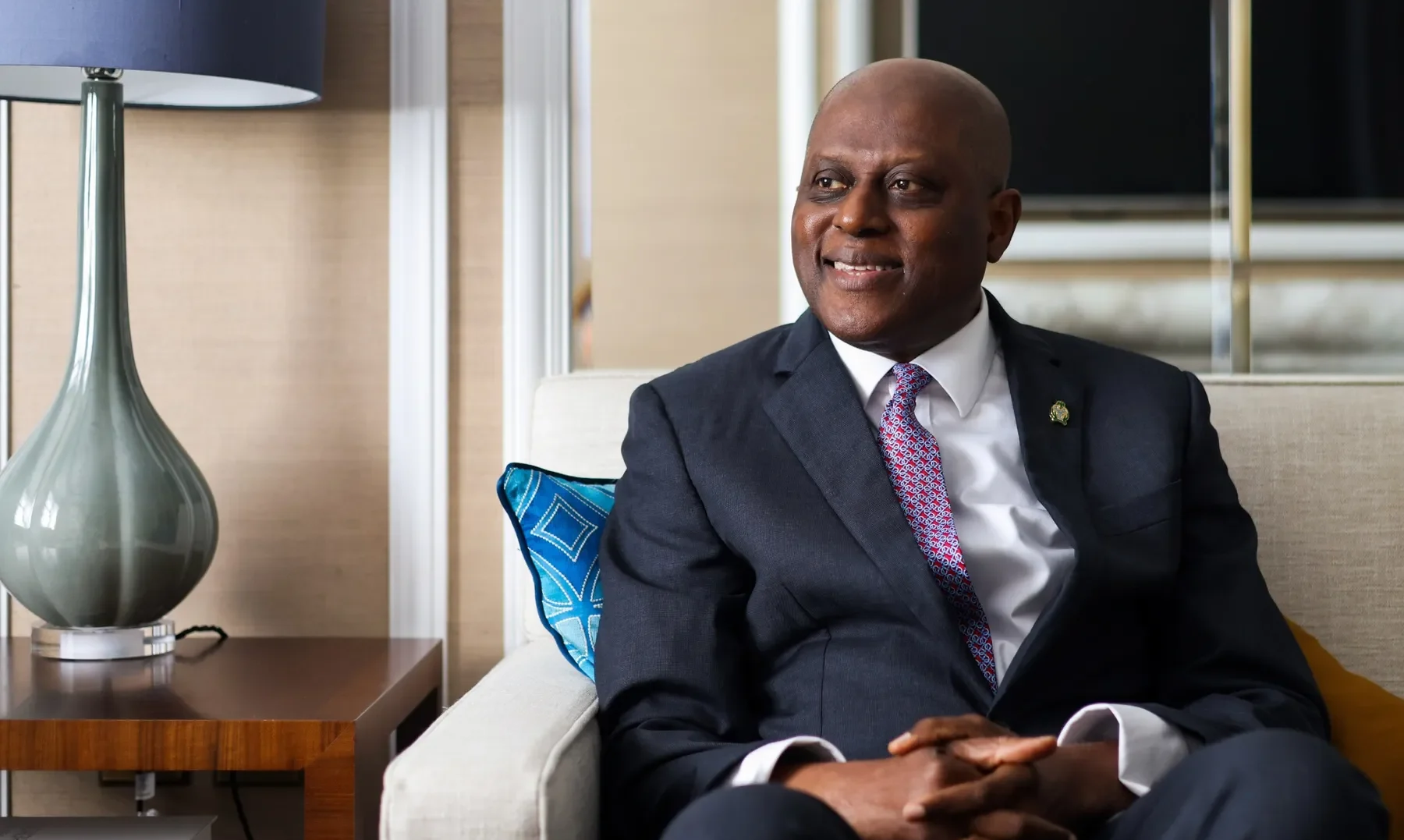The Central Bank of Nigeria (CBN) surprised many by raising interest rates for the 13th consecutive time, lifting the benchmark rate from 26.75% to 27.25%. Governor Olayemi Cardoso stated at a briefing that the move was necessary to tame persistent inflation, stabilise the naira, and attract foreign investment.
This decision distinguishes Nigeria from other central banks, such as those in the US, Indonesia, and South Africa, which are either cutting or holding rates steady. But with inflation dropping for two straight months, why is the CBN still raising rates?
Although inflation slowed to 32.2% in August from a peak of 34.2% in June, the CBN remains cautious. It’s been battling inflation for 19 consecutive months and is not yet convinced that the worst is over. Factors such as rising electricity tariffs, higher food prices, and currency depreciation continue to pressure the economy. These factors, compounded by recent 45% increases in fuel prices and devastating floods affecting food production, have put Nigeria in a unique position. As Governor Cardoso said, “We are not out of the woods yet, and we cannot take any chances.”The MPC’s goal is not only to bring inflation further under control but to create positive real interest rates—where interest rates on investments outpace inflation. This would make Nigeria more attractive to international investors and stabilise the exchange rate.
What does this mean for you? Raising interest rates is a double-edged sword. On one hand, it fights inflation, helping to stabilise prices and the naira. On the other hand, it increases the cost of borrowing, making it more expensive for businesses and individuals to get loans. As borrowing costs rise, operating expenses increase, profit margins shrink, and economic growth slows. If not managed carefully, this could lead to an economic downturn or recession.
For you, higher interest rates may mean higher costs for loans, and other credit-related products. But it also means you can benefit from higher returns on investments in naira-denominated assets to hedge inflationary pressures on your savings.
Talk to us today at SYNC CAPITAL for more insights











Related Posts